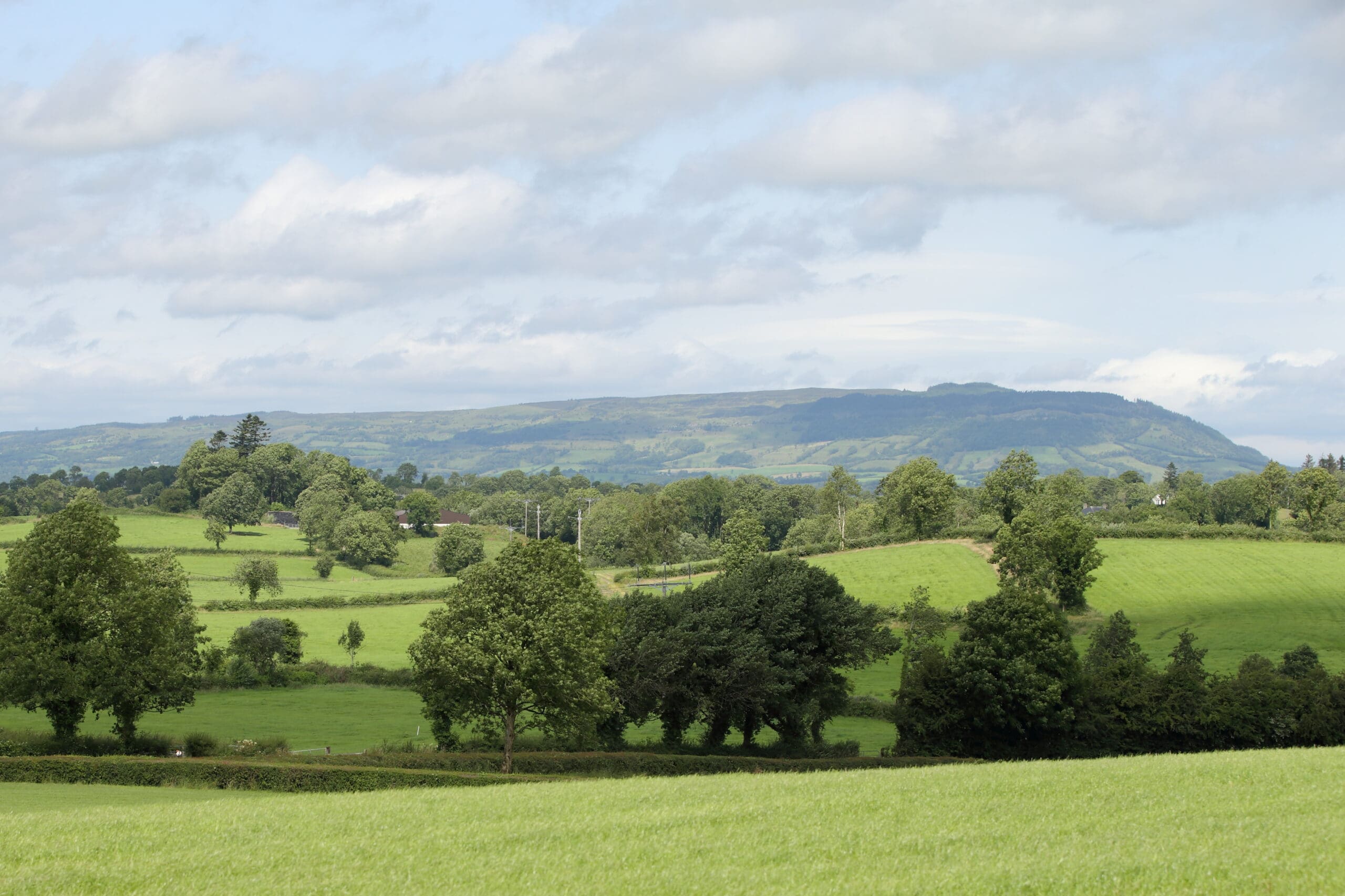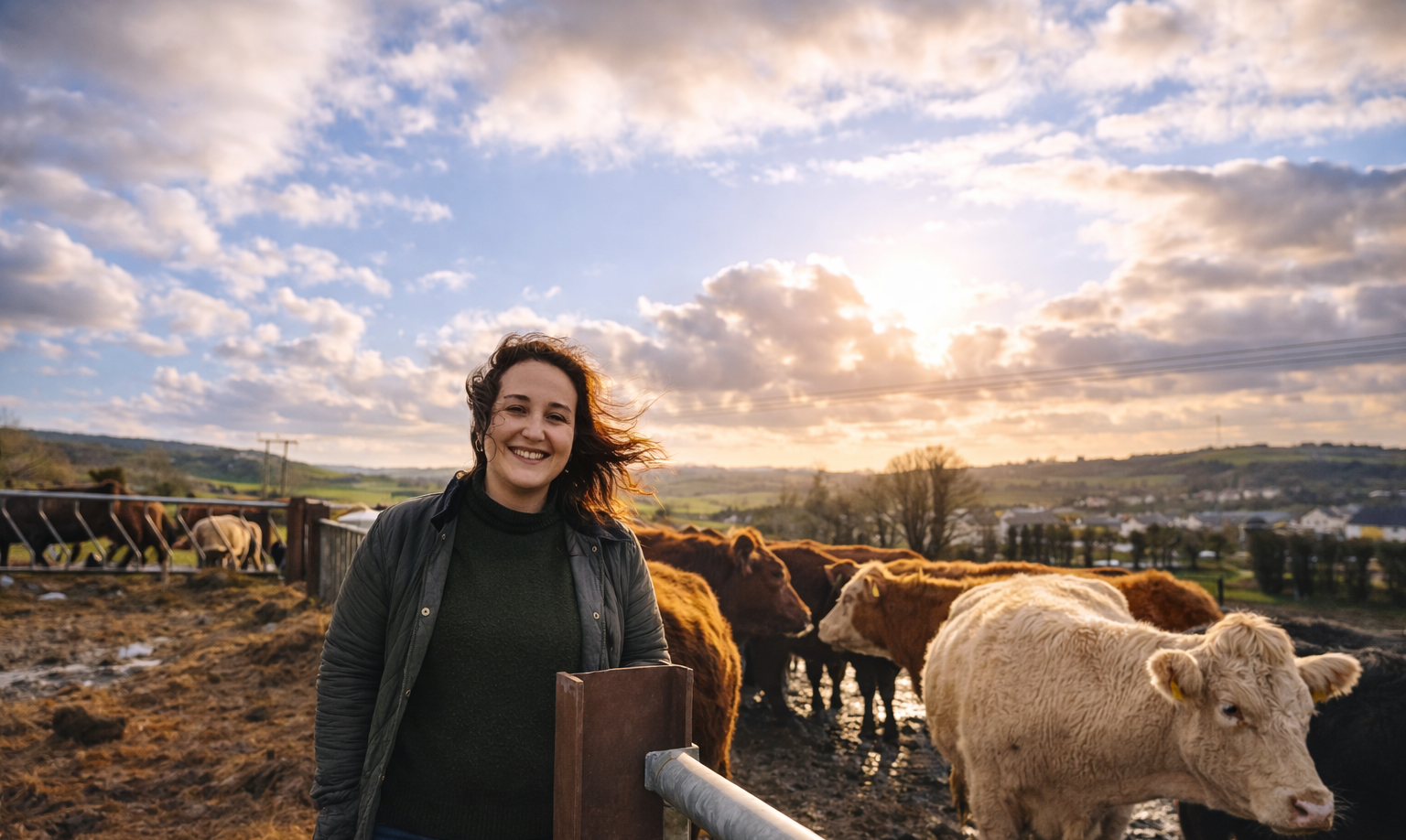
UFU communications officer Tracey Donaghey discusses the personal complexities farming can create for young women and the essential support they require.
There have been many discussion points over the last number of years in relation to the challenges women in agriculture face, some are more commonly known than others. In the summary report ‘Breaking the Glass Ceiling’, Challenges Women face in the Agriculture Sector’ by the Agriculture, Environment and Rural Affairs (AERA) Committee, it outlined how ‘complex’ these challenges are. One that has not been given much airtime, is the intricacies that running a farm business can create for a woman’s personal relationships.
Balancing farming and relationships is difficult for men too but it doesn’t come with the same complications. The prospect of marriage and having a family requires stereotypically gender defined roles to become at the very least, more balanced, if not completely swapped when young women are leading on farm. Not to mention the need for support that is available to women in other professions to help them do their job and reach their full potential.
Relocating
It’s very common for women to leave their homeplace relocating to their partner’s area because of his profession as a farmer, but it is less common when it is the other way around. Partly because the percentage of females running family farms has been quite low. However, this is changing.
The need for the non-farming partner to relocate may seem somewhat obvious but it can still add pressure and worry for female farmers who have yet to navigate this very critical discussion. Especially when their other half does not live locally, is not from a farming background and when the situation has not yet become ‘common’. At the end of the day, it will be a massive deciding factor as to how or if things progress.
Modern man
The stereotypical dynamics of a farming household is that as well as ‘supporting’ the man on the farm, the woman runs the home. During lambing for example, this intensifies for several weeks. Partners, husbands and wives, become ships in the night. Many women are likely to pick up the extra work in the household, shopping, cooking and childcare, when their other half is busy on the farm, while still helping there to.
With an increasing number of women already leading on farm, plus all the young agri enthusiasts who are learning the trade on the home farm and/or at agri college, many female farmers will need an understanding ‘modern man’ who will support them during busy periods in the farming calendar.
Wee ones
Daily tasks for any farmer bring with it health and safety issues. The risk when pregnant is even greater which is why an on-farm presence from a partner, another family member or employee will be essential if the farmer is expecting.
Another big issue for female farmers who are pregnant, is that they don’t get maternity leave the same as in other professions, an area that needs to be looked at. ‘Caring responsibilities’ including childcare, was noted as one of the biggest challenges facing female farmers in the AERA Committee’s survey highlighting that even after the traditional maternity period has passed, care for a wee one (s) is still a challenge. Considering the important role Northern Ireland farmers have in society producing food to feed over 10 million people, female farmers should be supported in some shape or form when it comes to childcare.
Support
Support is a key part of the solution for all of the above as well as vital policy development in particular areas by government. It’s been repeatedly highlighted that we need an industry that credits on merit alone, but we also need to look at the personal issues that arise for female farmers and address them to help ensure they don’t have to choose between farming or having a family. The support should be there to enable them to do both.
Photo caption: The UFU attended the launch of the AERA Committee’s WIA report on International Women’s Day 9 March 2022.




